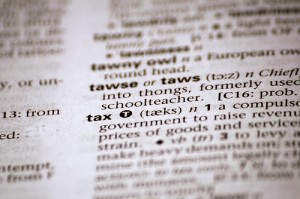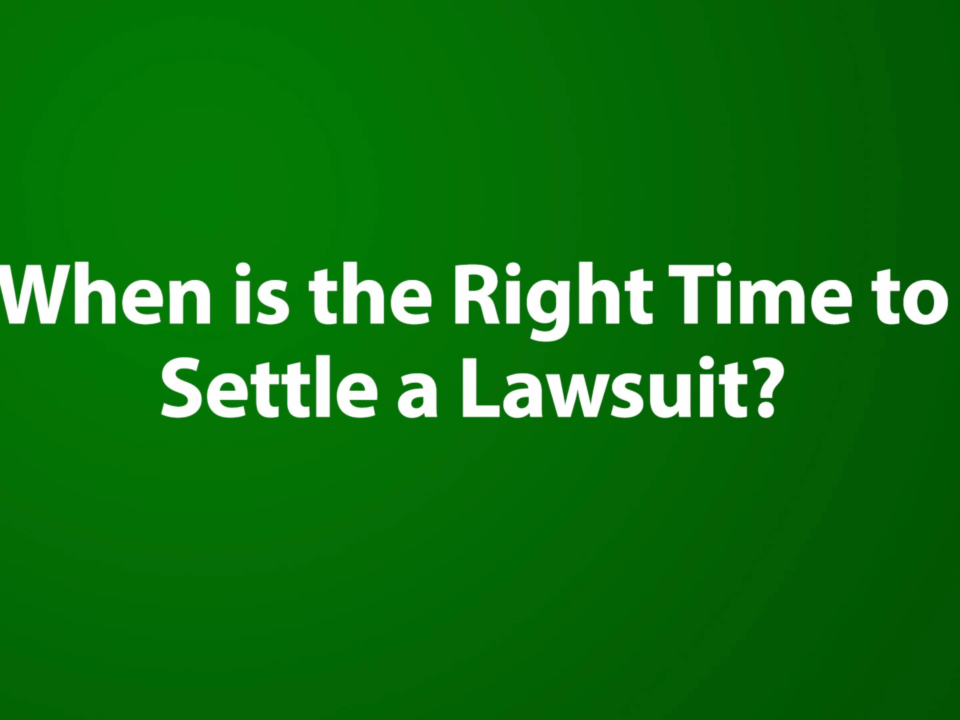 Tax day has now passed, and hopefully all of your taxes have been properly filed. While the majority of tax payers rely on the help of a CPA, there are situations in which working with a lawyer would be highly beneficial. Below are circumstances in which speaking with your lawyer would be have benefit:
Tax day has now passed, and hopefully all of your taxes have been properly filed. While the majority of tax payers rely on the help of a CPA, there are situations in which working with a lawyer would be highly beneficial. Below are circumstances in which speaking with your lawyer would be have benefit:
- Are you currently working on planning an estate, have a taxable estate, or need to file an estate tax return?
- Have you fallen behind on your filings and need to catch up?
- Are you currently under investigation by the IRS, have committed tax fraud, or are planning on bringing suit against the IRS? Then you should consult with a lawyer first. A lawyer will be able to represent you and present your case to the IRS with the knowledge needed to assure you a successful case. Unlike lawyers, accountants may be forced to testify on matters that you have discussed with them in private.
- Are you a business that has multiple employees who work on payroll or employee taxes?
- Does the IRS have a criminal investigation pending against you?
- Are you starting up a new business and need to figure out your tax structure?
- Are you dealing with a tax issue that you don’t understand?
- Are you involved in business overseas
Tax attorneys are experts when it comes to disputes with the Internal Revenue Service. More often than not disputes are a result of an audit of past tax returns. If the IRS notifies you of an audit, you should seriously consider hiring a tax lawyer.
You may also want to consider hiring a tax attorney prior to making any transactions that may have major tax implications. This goes for your business, as well as personally. The tax implications of major transactions are often complex, and it is best to consult with an attorney who is experienced and can help you make the things go as smoothly as possible.
Whether it is personal or business related, a tax attorney may be able to assist you in getting IRS penalties waived or in setting up payment plans. Remember to keep your tax records for a minimum of four to seven years and have them well organized in case they are needed for reference in the future. It’s always a good idea to consult with a trusted advisor before discarding tax records.
If you think you may a tax attorney, contact the attorneys at O’Keeffe O’Brien Lyson Foss.




